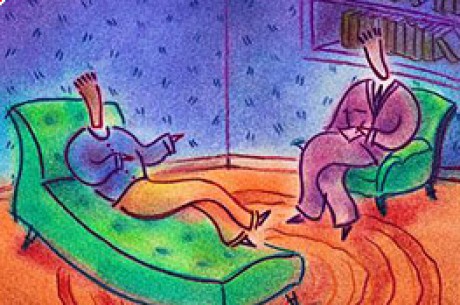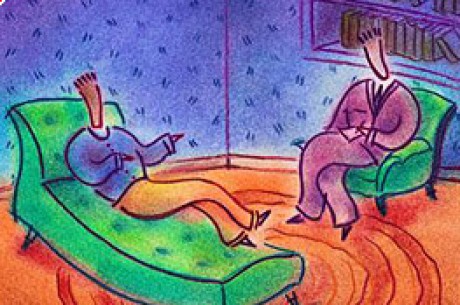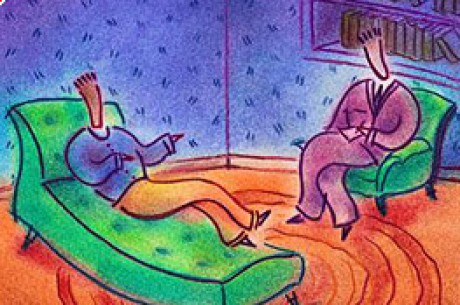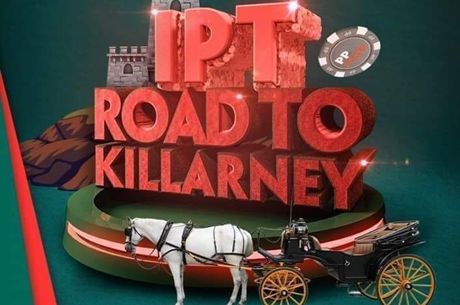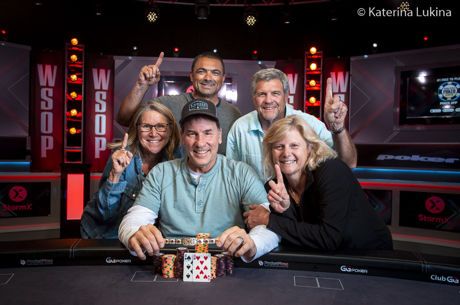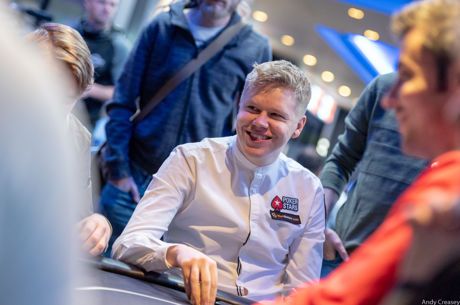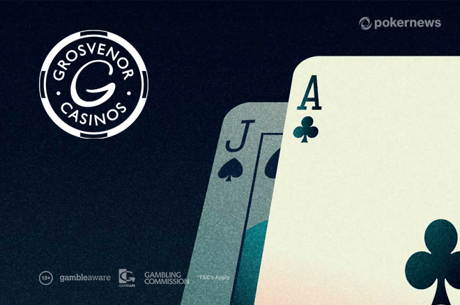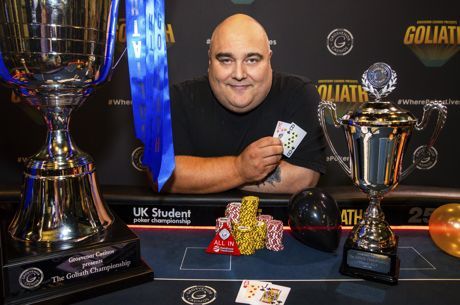The Poker Counselor's Corner (36)
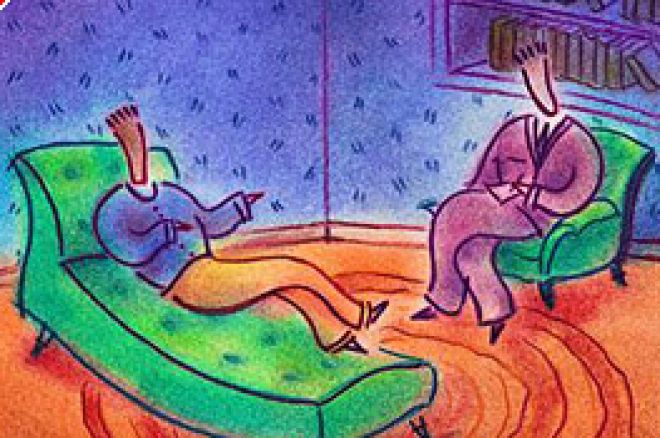
Editor's Note: In addition to being a poker enthusiast, gambling columnist, and lecturer, John is a National Certified Counselor (NCC). He has a Master of Arts degree in Counseling from West Virginia University, and a Bachelor's degree in Psychology with a minor in Sociology from Lock Haven University. You can arrange for interviews, speaking engagements, or ask your question to "the Poker Counselor" at [email protected]
Poker Counselor, You seem to be in the know. Who do you think has the best handle on poker psychology in terms of famous professionals? - Emailed by tool_tyme
Oh, that is a tough question to respond to. I guess that is why I've had this question in my email inbox for 7 weeks before responding in this column! In order to reach the pinnacle of poker, all poker greats have gathered a keen understanding of the psychology involved in this great game. While thinking this question through, my mind went through many guys (and ladies) that I've had the pleasure to watch play and interact with in person. There are many great players who have the instincts and ability to read others, but they do not have the ability to always control themselves. Examples of these types of players are Phil Hellmuth and Mike Matusow. These guys have a uncanny ability to pick up a weakness in an opponent and attack. Likewise, both have the ability to sense strength and lay down great hands. Still, since both admit to being affected by their own emotions at the table, I felt compelled to eliminate them from the mix. When I spoke with Phil Hellmuth this week, he even chuckled as he admitted "I know that I whine too much!"
After thought and discussion with some poker experts that I admire, I've whittled the long list of hypothetical "Poker Psychologists" down to two frontrunners: Ivey and Ferguson. I got a chance to interact with Chris "Jesus" Ferguson at the 2005 WSOP. His genuine, likeable personality away from the table is counterbalanced by his fierceness at the table. Behind his long hair, dark glasses, and cowboy hat he seems impenetrable. He is stoic and nearly motionless while in a hand, meaning that he never exhibits a tell. Along with that, he never seems to be rattled if he takes a bad beat or is outplayed. On the flipside, he reads opponents so very well. He understands chip management and tournament psychology, taking advantage of situations where he expects players to be conservative. With a PhD from UCLA, Jesus is extremely intelligent. He understands himself, the game, and his opposition.
Along with Jesus, I give Phil Ivey a nod as being at the top of the class in "Poker Psychology 101." Ivey is down-to-Earth at and away from the table. He and his wife lead a balanced, healthy lifestyle. Phil is fiercely competitive at everything he does, from video games to high-limit poker. Like Chris Ferguson, Phil is known to be nearly unreadable at the poker tables. Some joke that Ivey's blank gaze should be in the dictionary under the listing of "poker face." While he controls himself to assure no tells are leaked, he watches his tablemates like a focused predator. He'll attack any player who exhibits any uncertainty or weakness. I have seen Phil temporarily rattled if he takes an especially bad beat, but he has a remarkable ability to control his emotions and get refocused before the next card is dealt. This strong self-control is a remarkable trait that all poker players envy.
I suggest every amateur player watch televised poker with an analytical mindset. Watch players like Ivey, Ferguson, Negreanu, Lederer, etc. in an attempt to see the traits that they exhibit to make them great. Try to extract what you can from them to patch together your own A+ grade in Poker Psych!
My poker buddies tell me that I shouldn't use my online bankroll to make bets on football and play a little blackjack. They act like I'm breaking some moral sin or something when talking about it. I don't get it. I like breaking up hours at the poker tables by playing some other games and betting sports. -Emailed by Tech-Guy from Canada
The newest crop of poker players and online poker players are a studied, measured lot. They learn the game via instructional books and videos as much as actual play experience. With that, newer players are very likely to be in a constant state of self-checking with their poker progress. That self-evaluation often starts with their financial wins and losses. With that in mind, they are panicked to think that you might lose track of the exact dollars and cents that you've gathered via your poker exploits. They want you to be able to measure yourself via the poker bankroll.
Most of the more experienced poker players that I know would have no problem with your propensity to move your gambling action around. Most are very apt to lay side bets on poker (prop bets), bet on sports, and play other casino games. Personally, I play many games when I head to Vegas, Atlantic City, Foxwoods, and tropical gambling destinations several times a year with sports betting, craps, blackjack, and other games. I suppose the basis of the thinking is why you are playing poker. If you are playing for fun and profit, there is no need to be exacting with the gambling money flow. If you are playing poker in a goal-oriented, precise manner you may need to have two separate accounts. In all, be sure that you are wise with your money. I see many players work hard to get a profit at the poker table for an evening, only to blow it all in a couple of rolls of roulette on the way out of the casino. Be a smart gambler, not just a smart poker player.
Ed note: Be a smart gambler - play at Doyle's Room

